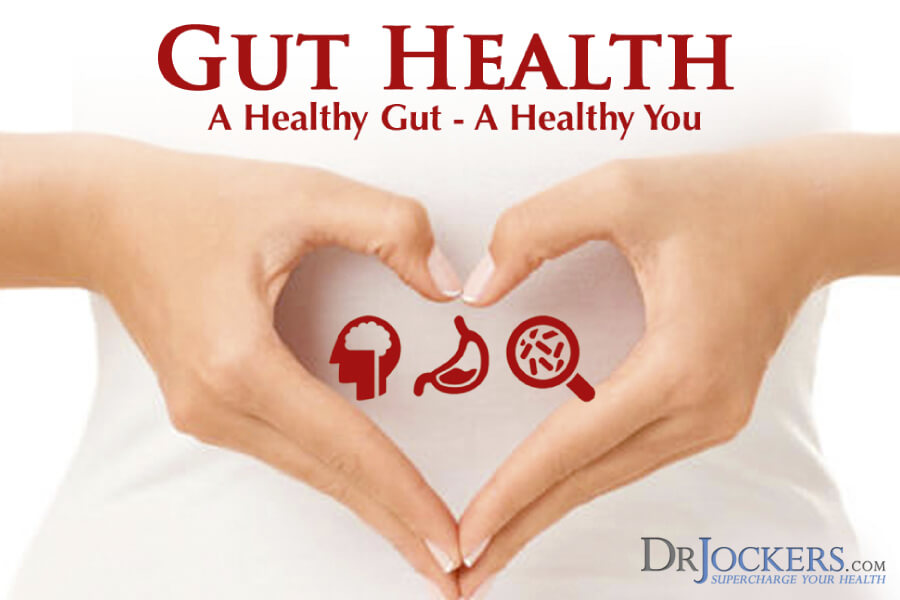
Is Your Gut Health Ruining Your Life?
Your gut health is so critical to your overall quality of life. The adult intestine contains around 2-4 pounds of bacteria. This bacterial load is 10 times greater than the number of cells within our body (1). It is astonishing to think about our bodies in such a manner, but we are literally living, breathing bacterial reservoirs.
Although we have been trained by society to dislike and often to fear bacteria and other microorganisms, most of those that populate our systems work in harmony with us in what is called a symbiotic, or mutually benefiting, relationship.
There are those, however, that are pathogenic in nature and when they are allowed to accumulate in large numbers, bring about distress and disease. The ideal ratio of progenic (life-supporting) vs. pathogenic (disease forming) species is 85:15. When the pathogenic species grow beyond this ratio, problems with your gut health begin to occur.
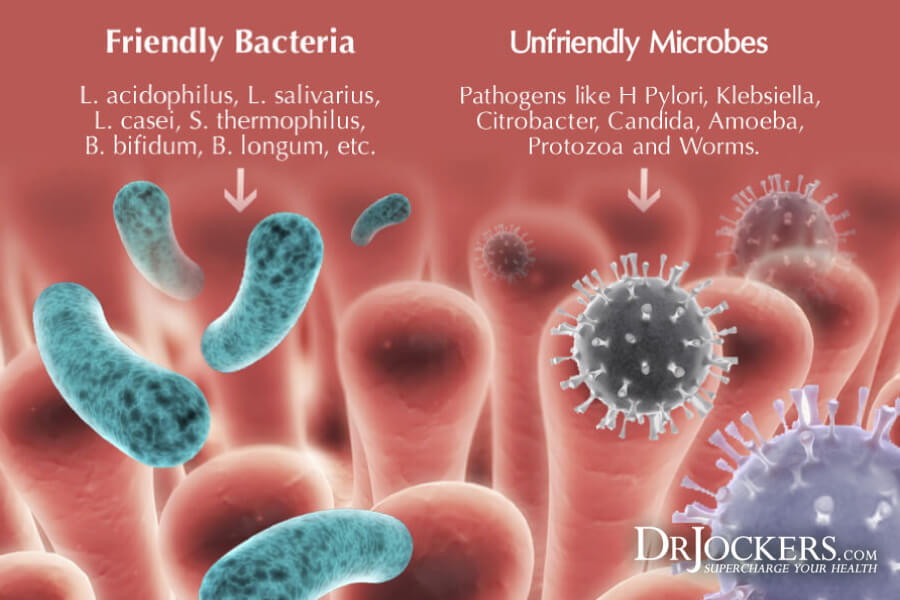
Pathogenic Dominance Destroys Lives:
Most of the microorganisms in our body work to support us, as they break down fibers and other larger molecules into smaller, more bioavailable nutrients that our cells can utilize. They also help us to eliminate wastes and other toxins.
The gastro-intestinal wall and mesenteric lymph nodes, referred to as the gut-associated lymphoid tissue (GALT), normally contain a healthy mucous membrane, which is deeply entrenched with microbes. This region plays a powerful role in immune regulation through a key immunoglobin called secretory IgA (2, 3).
When pathogenic bacteria dominate the region, sIgA levels decline and immune regulation and gut health suffers. In addition, toxic waste from the pathogenic species is secreted into the bloodstream, causing a reactive immunological response leading to tissue inflammation. Autoimmune reactions are often triggered through this mechanism.
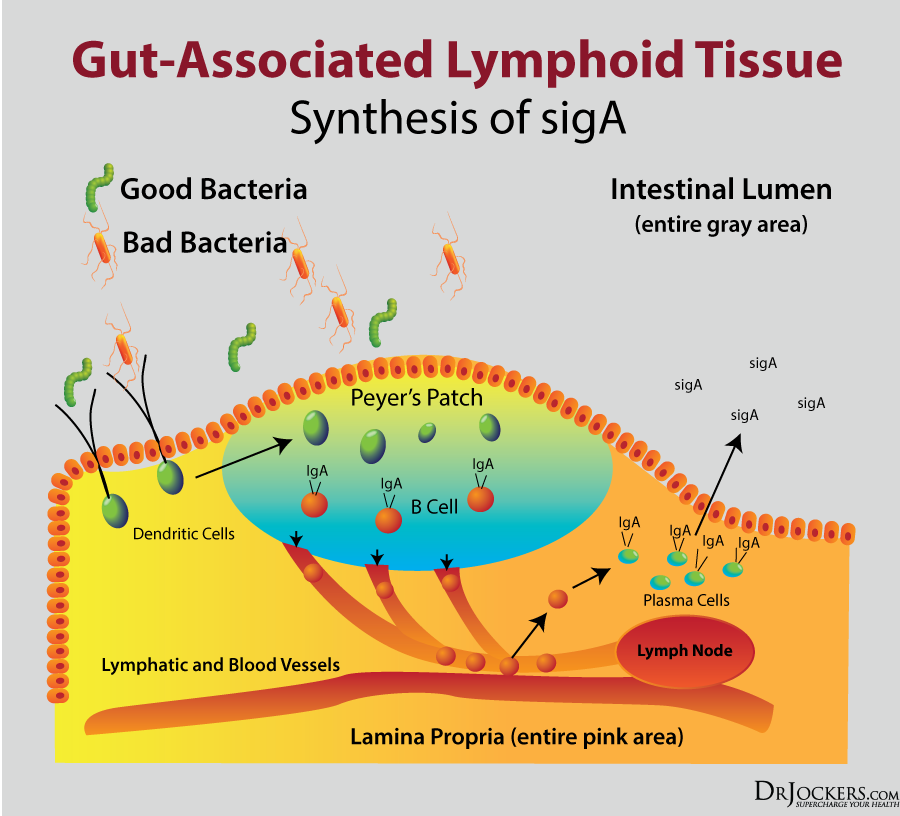
Protecting the Mucosal Surfaces:
Probiotics (life enhancing bacteria) are a key inclusion whether it is in your diet and/or through supplementation for immune regulation and overall wellness. Different probiotic species can be separated into adhesive and non-adhesive properties based on their ability to adhere to the mucosal membranes (4, 5).
According to Dr. Bengmark, a leading expert on intestinal microorganisms, “the ability to permanently or temporarily adhere to the mucosal surfaces seems to be important for the optimal function of probiotic bacteria. (6)”
The greatest health benefits come from the bacterial colonies that are housed in the mucosal membranes. One of these benefits is that they help to strengthen the intestinal wall, preventing unwanted molecules from seeping through the intestinal wall into the bloodstream.
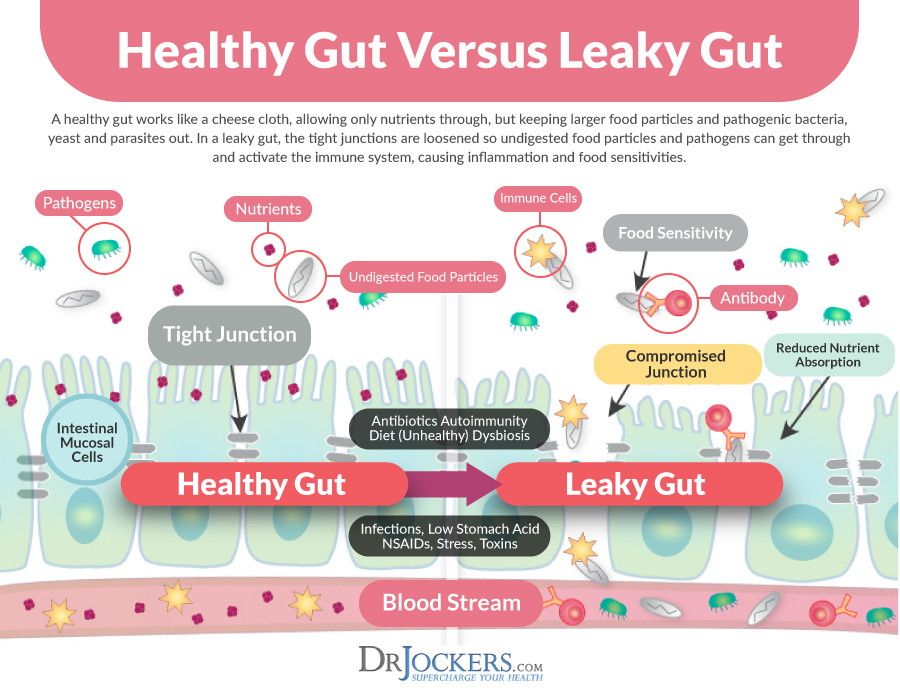
Lifestyle Activities Destroy the Gut:
The intake of processed foods, sugars, many pharmaceutical drugs, fluoride, chlorine, artificial sweeteners, alcohol, and other chemicals & industrial wastes destroys the mucosal colonies, causing the intracellular junctions within the intestinal wall to become weak and gut health to suffer (7).
When this happens, it opens the door for opportunistic infections of pathogenic bacteria, and fungi to take the intestinal reign of power. In addition, large molecules and other toxins are able to easily cross the intestinal cell wall, getting into the bloodstream causing havoc on the rest of the body (8).
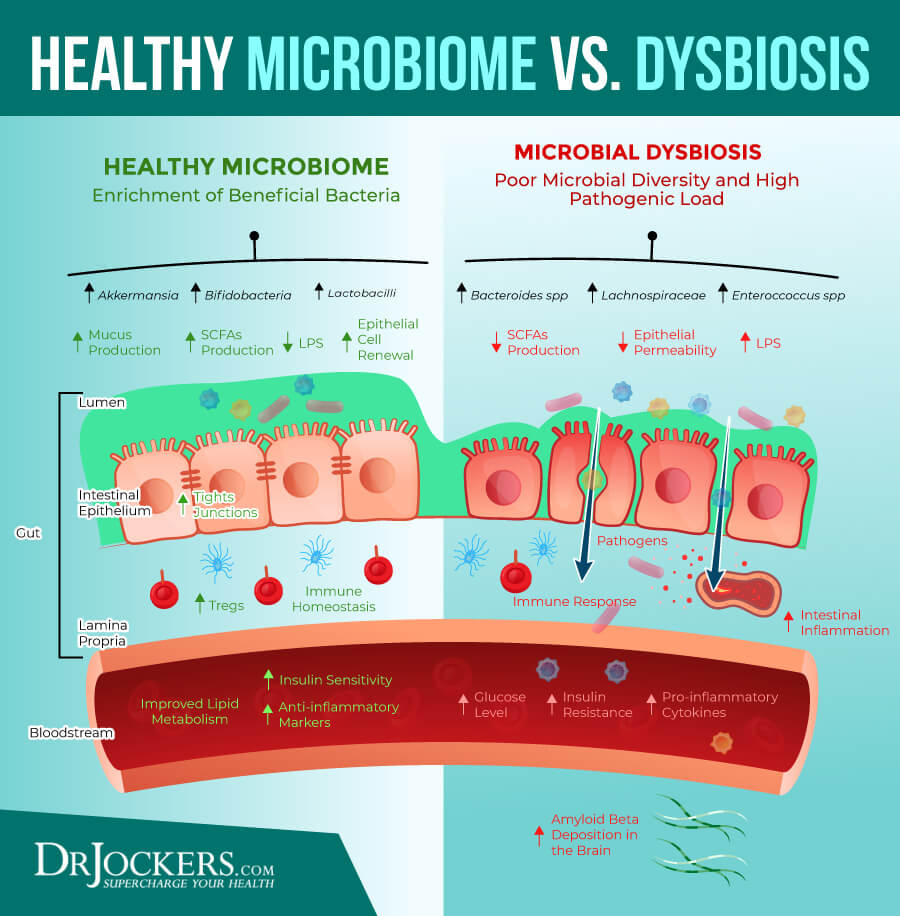
The Benefit of Fermented Veggies:
Fermented dairy in the form of yogurt, kefir and liquid whey is amazing for the body. However, fermented grass-fed dairy primarily contains L acidophilus, L bulgaricus, enterococcus thermaphilus and others that are all non-adhesive strains. According to Dr Bengmark, “Lactobacillus plantarum was the most common bacteria in the food of our ancestors which includes sauerkraut, kimchi, pickles & brined olives.”
L. Plantarum has the ability to adhere and quickly colonize the intestinal mucosa and improve gut health (9, 10). In addition, it has been shown to compete strongly for food and resources with pathogenic microorganisms, thus minimizing their ability to flourish. In addition, key nutrients such as omega 3 fatty acids are preserved, and carcogenic nitrates and other toxins are effectively eliminated through the action of L Plantarum.
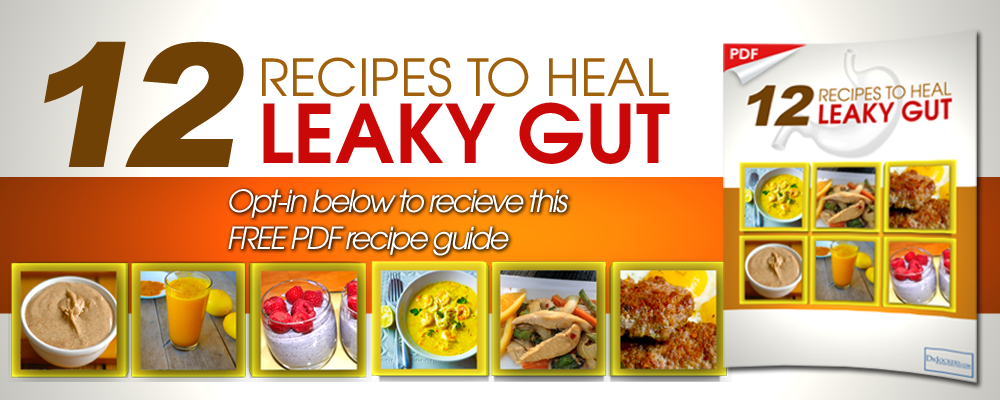
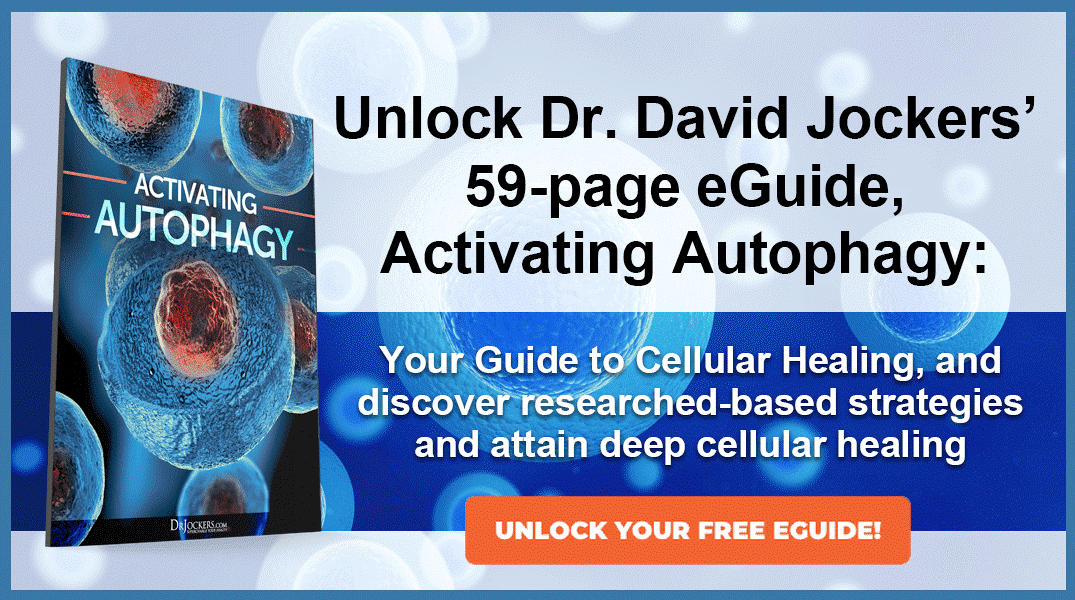
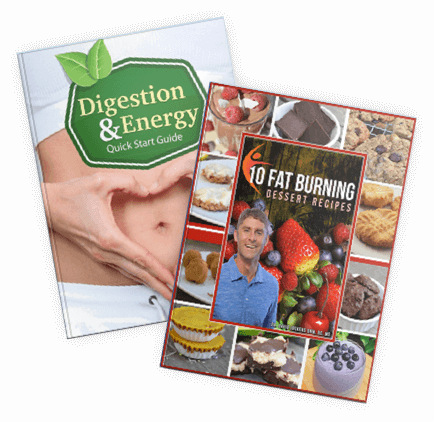

Do you have recipes for fermenting vegetables?
I am thinking cauliflower, cabbage, beetroot, carrots and chillies.